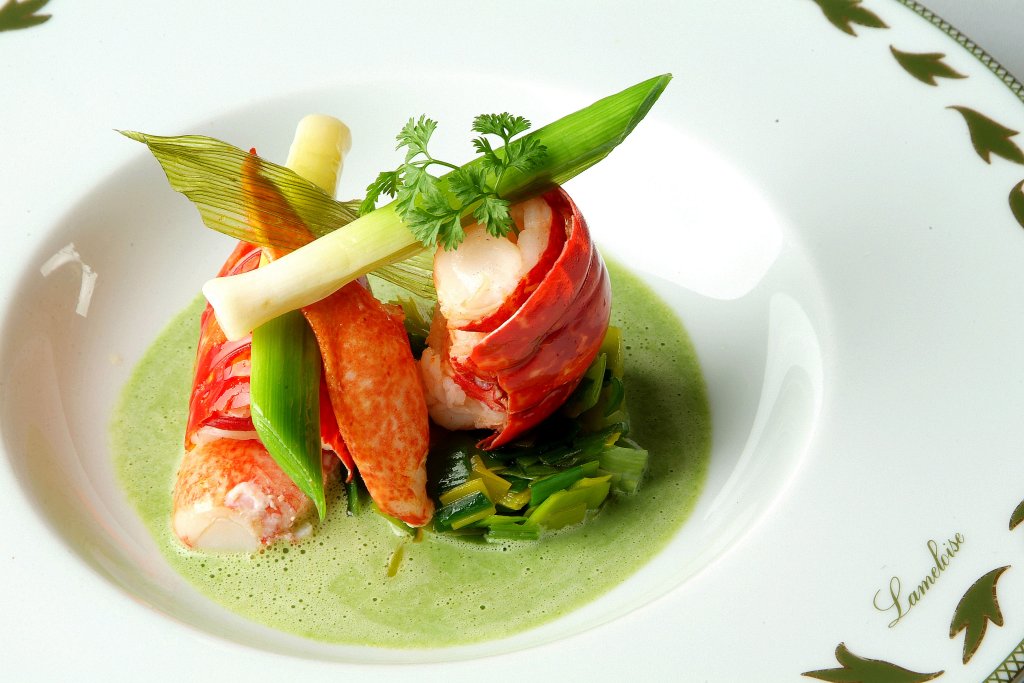French 101
- Introduction and Review
- Everyday Conversations
- Travel and Transportation
- Professional French
- French Grammar (Advanced)
- Understanding French Culture
- Living in France
- Vocabulary Builder
- Advanced Conversations
- Review and Practice
- Preparation for B2 Level
- B2 Level Practice
- Course Summary and Review
Everyday Conversations
Mastering Restaurant & Food Vocabulary in French

Culinary traditions of France.
Dining out in France is a cultural experience that goes beyond just enjoying good food. It's an opportunity to immerse yourself in the French language and lifestyle. This unit will guide you through the essential vocabulary and phrases you need to navigate a French dining experience with ease.
Food-Related Vocabulary
Understanding food-related vocabulary is crucial when dining in a French restaurant. Here are some key words and phrases:
- Le menu - The menu
- La carte - The a la carte menu
- L'entrée - The starter
- Le plat principal - The main course
- Le dessert - The dessert
- La boisson - The drink
- Le vin - The wine
- L'addition - The bill
Ordering Meals
When ordering meals, it's important to know how to express your preferences or dietary restrictions. Here are some useful phrases:
- Je voudrais... - I would like...
- Je vais prendre... - I'll have...
- Je suis allergique à... - I'm allergic to...
- Je suis végétarien/vegan. - I'm vegetarian/vegan.
French Dining Etiquette
French dining etiquette is a crucial part of the dining experience. Here are some tips:
- Wait to be seated: Unlike in some cultures, it's customary in France to wait to be seated by the host.
- Keep your hands on the table: It's considered polite to keep your hands (but not elbows) on the table.
- Say "Bon appétit": This phrase is commonly used before starting to eat and is a way of wishing everyone a good meal.
Role-Play Scenarios
To help you practice, here are some role-play scenarios you can try:
- Ordering food: Practice ordering a three-course meal using the vocabulary you've learned.
- Asking for recommendations: Ask the waiter for their recommendations. You can say, "Qu'est-ce que vous recommandez?" (What do you recommend?)
- Dealing with problems: Practice what you would say if there was a problem with your meal. For example, "Excusez-moi, mon plat est froid." (Excuse me, my dish is cold.)
By mastering these phrases and understanding the etiquette, you'll be well-prepared for a dining experience in France. Remember, practice makes perfect, so don't hesitate to use these phrases as much as possible!